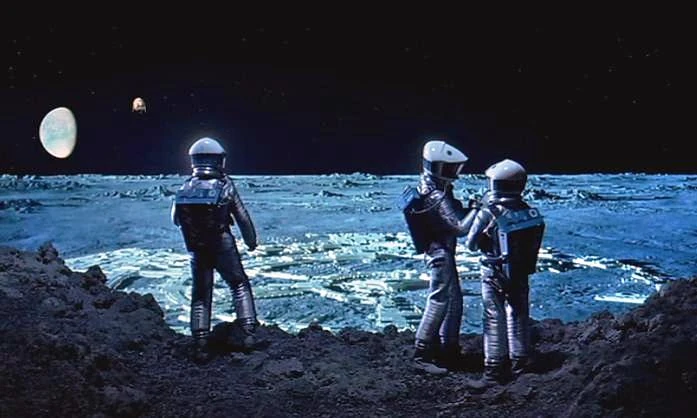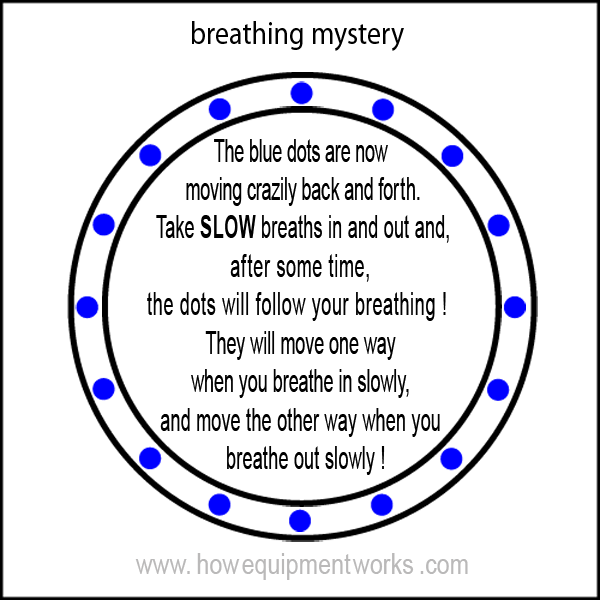Sunday, May 31, 2020
Saturday, May 30, 2020
Wittgenstein's troubles with doubting he had never visited the moon...
"Why is it not possible for me to doubt that I have never been on the moon? And how could I try to doubt it?" (Wittgenstein, On Certainty §117)
Friday, May 29, 2020
Thursday, May 28, 2020
Wednesday, May 27, 2020
Monday, May 25, 2020
Monorail Span
Sunday, May 24, 2020
Saturday, May 23, 2020
Emanations 8 editing continues...
I am reading submissions and corresponding with writers and artists. The fiction section is nearly settled. Poetry, essays and visual sections come next.
Friday, May 22, 2020
Thursday, May 21, 2020
Wednesday, May 20, 2020
Sunday, May 17, 2020
Saturday, May 16, 2020
Vitasta Raina on "Dashavataar and the Theory of Evolution"
 |
| Animal Avataars with Deep Blue/ Night Sky Background |
Vitasta Raina is working on a series of
paintings that compare the Dashavataar (the ten avataars of Vishnu) with the Darwinian theory of human evolution.
She writes:
Though one might be taken a bit aback with this association at first glance, when thought over, it quickly becomes apparent as to why this idea is not as dramatic or absurd as it first may have seemed. In fact, this is a very popular discourse and several people have already theorized on this sufficiently.
Please click HERE
to view the paintings and to learn more about the project.
Friday, May 15, 2020
Back to Emanations 8
I am reading submissions and sending responses to writers and artists.
I hope to have the file for the book put together and formatted by the
end of the month, and then it will take two weeks of editing and
finalizing graphics, and then five or six weeks to go through the
process of finalizing the cover and producing the book. With a bit of luck, the
project could be completed by the beginning of July.
Thursday, May 14, 2020
Tuesday, May 12, 2020
Monday, May 11, 2020
Philip K. Dick and the Technocrats
Do Androids Dream of Electric Sheep? is rather a philosophical inquiry into the character of empathy and its place in our understanding of human nature. Bladerunner, the film based on this novel, integrates Dick's theme of high-tech billionaires, but in the novel the technocrats are secondary to the philosophical theme.
 |
| Dr. Eldon Tyrell in Bladerunner |
It is one of Dick's most important novels but in regard to the theme of monolithic technocracy, these two novels come to mind first:
The Three Stigmata of Palmer Eldritch
In the novel, drugs are the tools used by two rival technocrats to
control the shape of human identity and human history. The drugs are so
powerful that they can be compared to possible future virtual-reality
technologies that are supported by artificial intelligence.
The Penultimate Truth
There are two themes in this novel that could compare to our contemporary situation: 1) In the novel, ecological devastation following a nuclear war requires isolating human beings below ground in subterranean cities (called "ant tanks"). The environmental threat, however, is exaggerated to control the population, which brings us to the second point of possible comparison: 2) The elitist control of news and media is total. The super-rich manipulate their propaganda to keep the Earth's population underground.

Artist's statement: "Nicholas St. James emerges from his ant tank, the 'Tom Mix'; he is immediately spotted by two leadies, which are coming to get him."
Source.
Sunday, May 10, 2020
Saturday, May 9, 2020
Friday, May 8, 2020
Thursday, May 7, 2020
Grading Papers
Grading Papers Grading Papers Grading Papers Grading Papers Grading Papers
Grading Papers Grading Papers Grading Papers Grading Papers Grading Papers
Grading Papers Grading Papers Grading Papers Grading Papers Grading Papers
Grading Papers Grading Papers Grading Papers Grading Papers Grading Papers Grading Papers Grading Papers
Grading Papers
Grading Grading Papers Grading Papers
Grading Papers

Grading Papers Grading Papers Grading Papers

Wednesday, May 6, 2020
"First do no harm."
The origin of the phrase "First do no harm" is conventionally attributed to Hippocrates' famous medical oath, but the actual story of "First do no harm" is uncertain and involved. Please click HERE for a dilation.
Meanwhile, here is Hippocrates' text translated by W.H.S. Jones (Loeb 1923).
Source
Meanwhile, here is Hippocrates' text translated by W.H.S. Jones (Loeb 1923).
The Hippocratic Oath
I swear by Apollo Physician, by Asclepius, by Hygieia, by Panacea, and by all the gods and goddesses, making them my witnesses, that I will carry out, according to my ability and judgment, this oath and this indenture.
To hold my teacher in this art equal to my own parents; to make him partner in my livelihood; when he is in need of money to share mine with him; to consider his family as my own brothers, and to teach them this art, if they want to learn it, without fee or indenture; to impart precept, oral instruction, and all other instruction to my own sons, the sons of my teacher, and to indentured pupils who have taken the physician’s oath, but to nobody else.
I will use treatment to help the sick according to my ability and judgment, but never with a view to injury and wrong-doing. Neither will I administer a poison to anybody when asked to do so, nor will I suggest such a course. Similarly I will not give to a woman a pessary to cause abortion. But I will keep pure and holy both my life and my art. I will not use the knife, not even, verily, on sufferers from stone, but I will give place to such as are craftsmen therein.
Into whatsoever houses I enter, I will enter to help the sick, and I will abstain from all intentional wrong-doing and harm, especially from abusing the bodies of man or woman, bond or free. And whatsoever I shall see or hear in the course of my profession, as well as outside my profession in my intercourse with men, if it be what should not be published abroad, I will never divulge, holding such things to be holy secrets.
Now if I carry out this oath, and break it not, may I gain for ever reputation among all men for my life and for my art; but if I break it and forswear myself, may the opposite befall me.
 |
| 12th century Italian mural showing Hippocrates. |
Source
Subscribe to:
Posts (Atom)










































